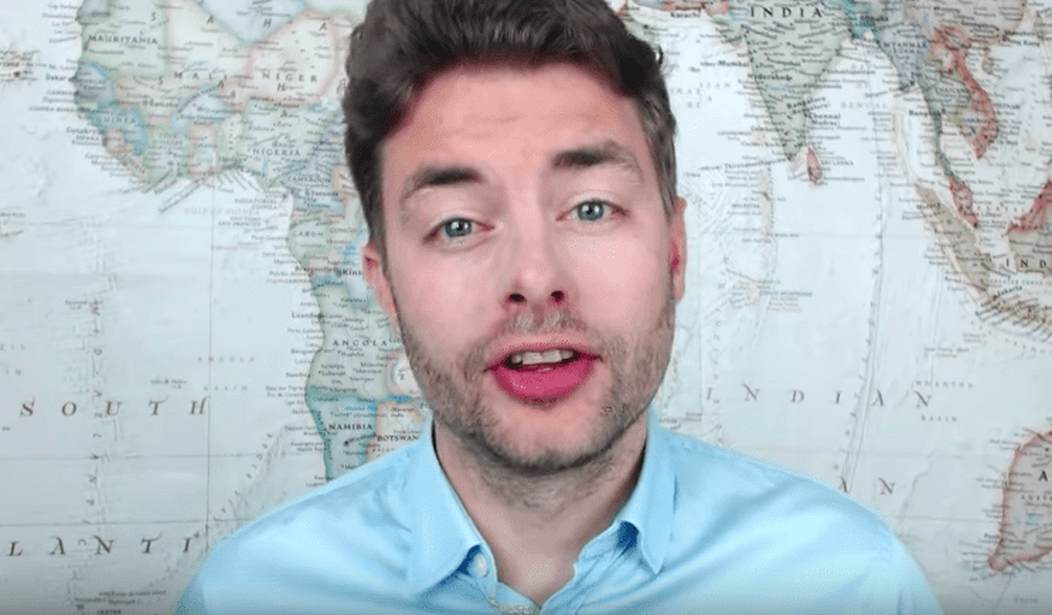WASHINGTON — The Trump administration has revised its travel ban blocked by federal courts to focus on those seeking new visas and to exclude Iraq from the Muslim-majority nations covered under the executive order.
The ban will now cover Iran, Libya, Syria, Somalia, Sudan and Yemen. Three of those countries — Iran, Syria and Sudan — have been designated by the United States as state sponsors of terrorism.
The order says “the close cooperative relationship between the United States and the democratically elected Iraqi government, the strong United States diplomatic presence in Iraq, the significant presence of United States forces in Iraq, and Iraq’s commitment to combat ISIS justify different treatment for Iraq” in removing Iraq from the original list.
“In particular, those Iraqi government forces that have fought to regain more than half of the territory previously dominated by ISIS have shown steadfast determination and earned enduring respect as they battle an armed group that is the common enemy of Iraq and the United States,” the order continues. “In addition, since Executive Order 13769 was issued, the Iraqi government has expressly undertaken steps to enhance travel documentation, information sharing, and the return of Iraqi nationals subject to final orders of removal.”
“Decisions about issuance of visas or granting admission to Iraqi nationals should be subjected to additional scrutiny to determine if applicants have connections with ISIS or other terrorist organizations, or otherwise pose a risk to either national security or public safety.”
As in the original executive order, the ban will be in place for 90 days unless stopped again by the courts, and it orders a review from the Department of Homeland Security that could result in other countries being added to the list.
The scope of the ban applies to those who “are outside the United States on the effective date of this order, did not have a valid visa at 5:00 p.m., eastern standard time on January 27, 2017, and do not have a valid visa on the effective date of this order.”
The ban excludes “any lawful permanent resident of the United States; any foreign national who is admitted to or paroled into the United States on or after the effective date of this order; any foreign national who has a document other than a visa, valid on the effective date of this order or issued on any date thereafter, that permits him or her to travel to the United States and seek entry or admission, such as an advance parole document; any dual national of a country designated under section 2 of this order when the individual is traveling on a passport issued by a non-designated country.”
Those traveling on diplomatic visas or traveling to the United Nations are also excluded, as well as “any foreign national who has been granted asylum; any refugee who has already been admitted to the United States; or any individual who has been granted withholding of removal, advance parole, or protection under the Convention Against Torture.”
A separate memo issued by the president directs government agencies “to rigorously enforce all existing grounds of inadmissibility and to ensure subsequent compliance with related laws after admission.”
The memo also asks the secretary of State to prepare within 180 days “a report estimating how many refugees are being supported in countries of first asylum (near their home countries) for the same long-term cost as supporting refugees in the United States, taking into account the full lifetime cost of Federal, State, and local benefits, and the comparable cost of providing similar benefits elsewhere.”
In joint remarks with Secretary of State Rex Tillerson and Homeland Security Secretary John Kelly today, Attorney General Jeff Sessions said the Justice Department “believes that this executive order, just as the first executive order, is a lawful and proper exercise of presidential authority.”
“The White House worked closely with the Department of Homeland Security, Department of Justice and the Department of State to create an order that addresses previous concerns and protects the homeland and every one of our citizens,” Kelly said. “The men and women of the Department of Homeland Security, like their brothers and sisters throughout law enforcement, are decent men and women of character and conscience. They are no less so than the governors of our states and territories, of our senators and members of Congress, of our city mayors and various advocacy groups.”
In a brief statement, House Speaker Paul Ryan (R-Wis.) said the revised ban “advances our shared goal of protecting the homeland.”
“I commend the administration and Secretary Kelly in particular for their hard work on this measure to improve our vetting standards,” Ryan added. “We will continue to work with President Trump to keep our country safe.”
Senate Minority Leader Chuck Schumer (D-N.Y.) said “a watered-down ban is still a ban.”
“Despite the administration’s changes, this dangerous executive order makes us less safe, not more, it is mean-spirited, and un-American. It must be repealed,” Schumer said.
“Delaying its announcement so the president could bask in the aftermath of his joint address is all the proof Americans need to know that this has absolutely nothing to do with national security,” he added. “Despite their best efforts, I fully expect this executive order to have the same uphill climb in the courts that the previous version had.”
Dems have also been pointing to a report last month from DHS’ intelligence arm studying statistics and threat assessments and concluding that citizenship is an “unlikely indicator” of the terrorist threat a person poses.









Join the conversation as a VIP Member